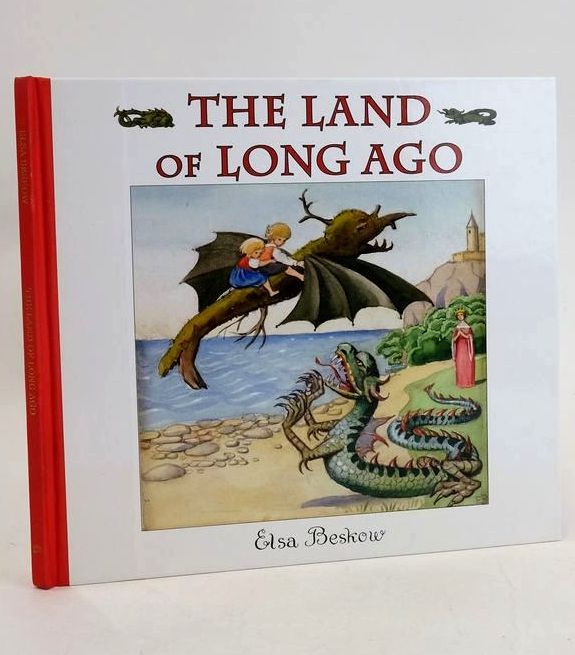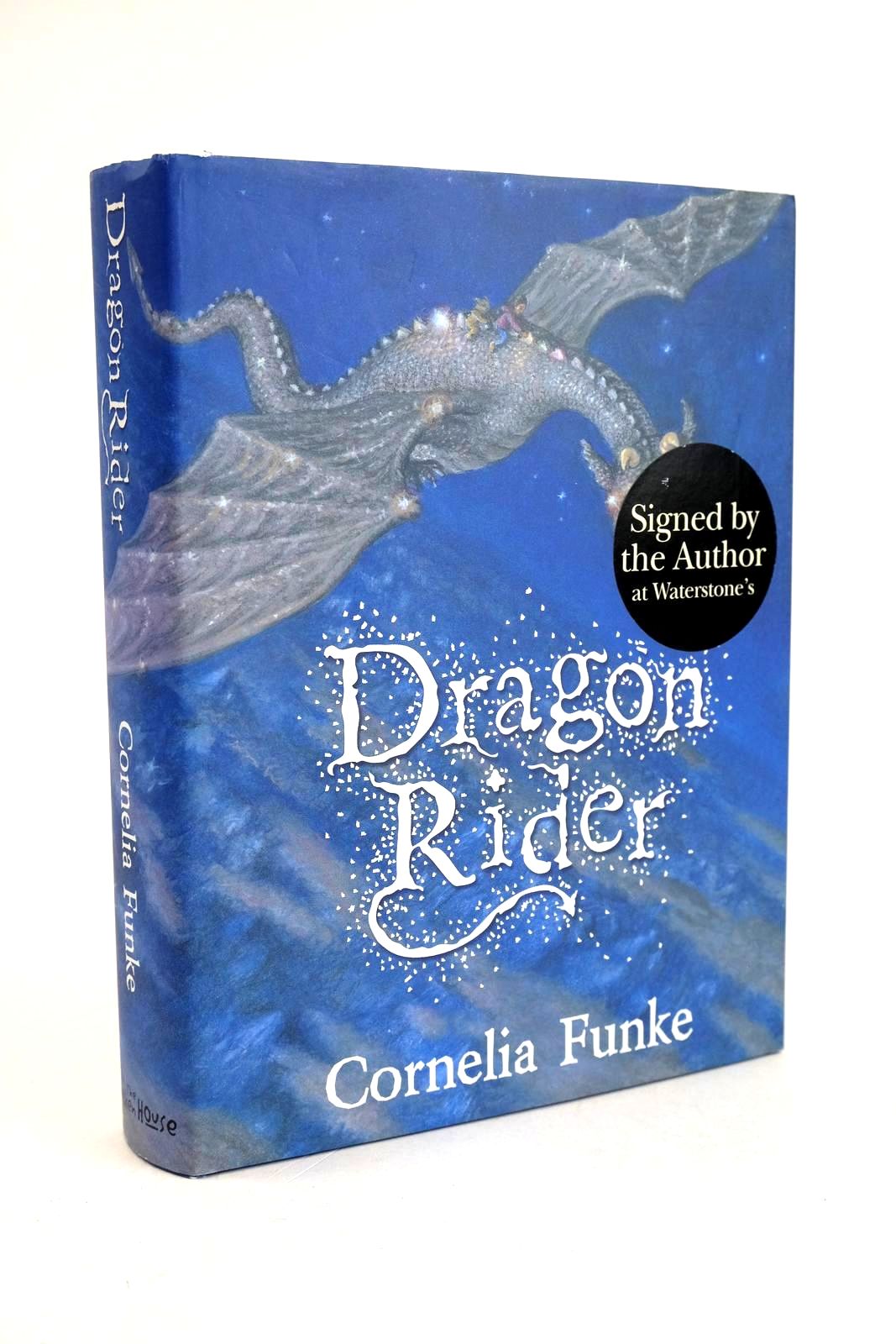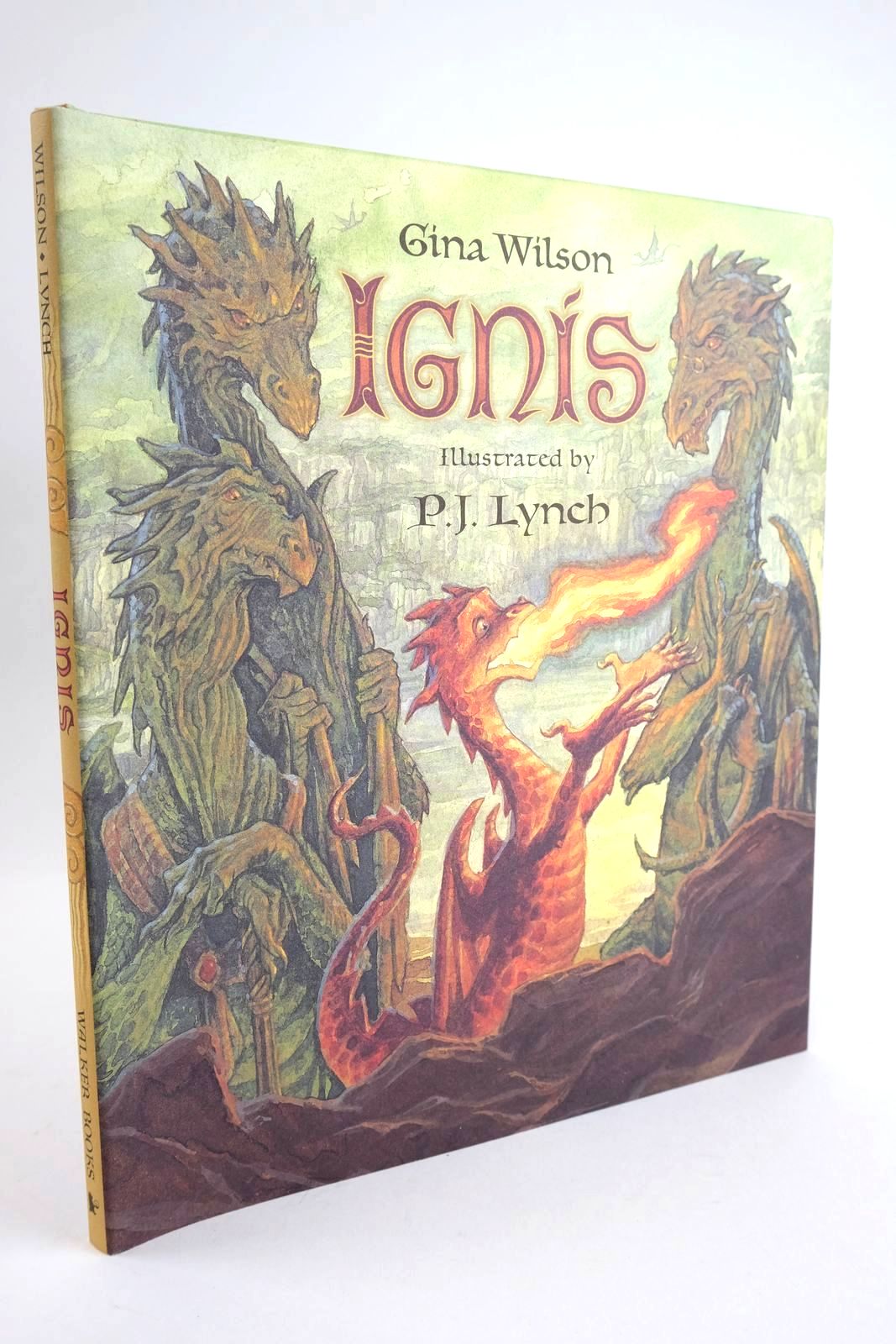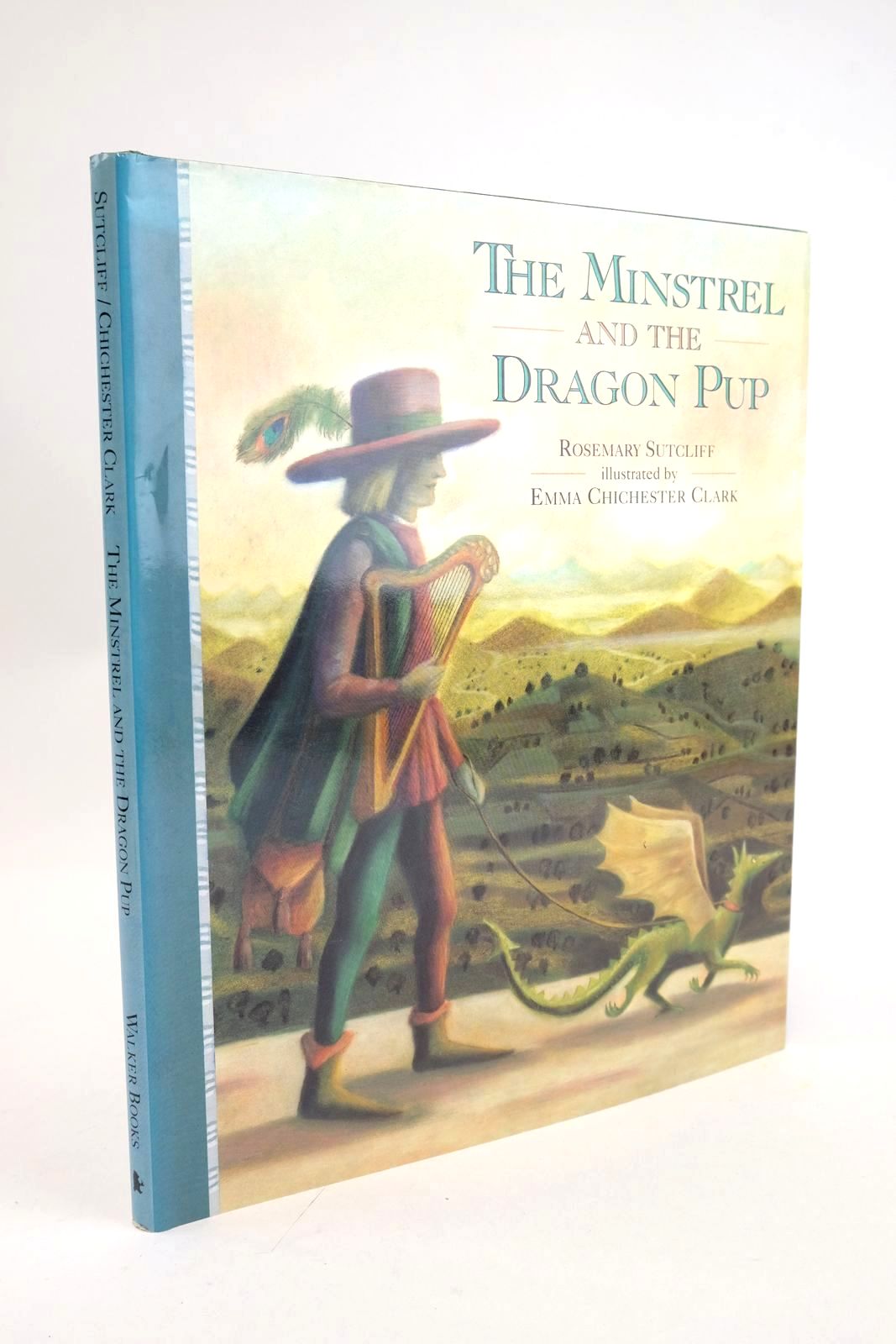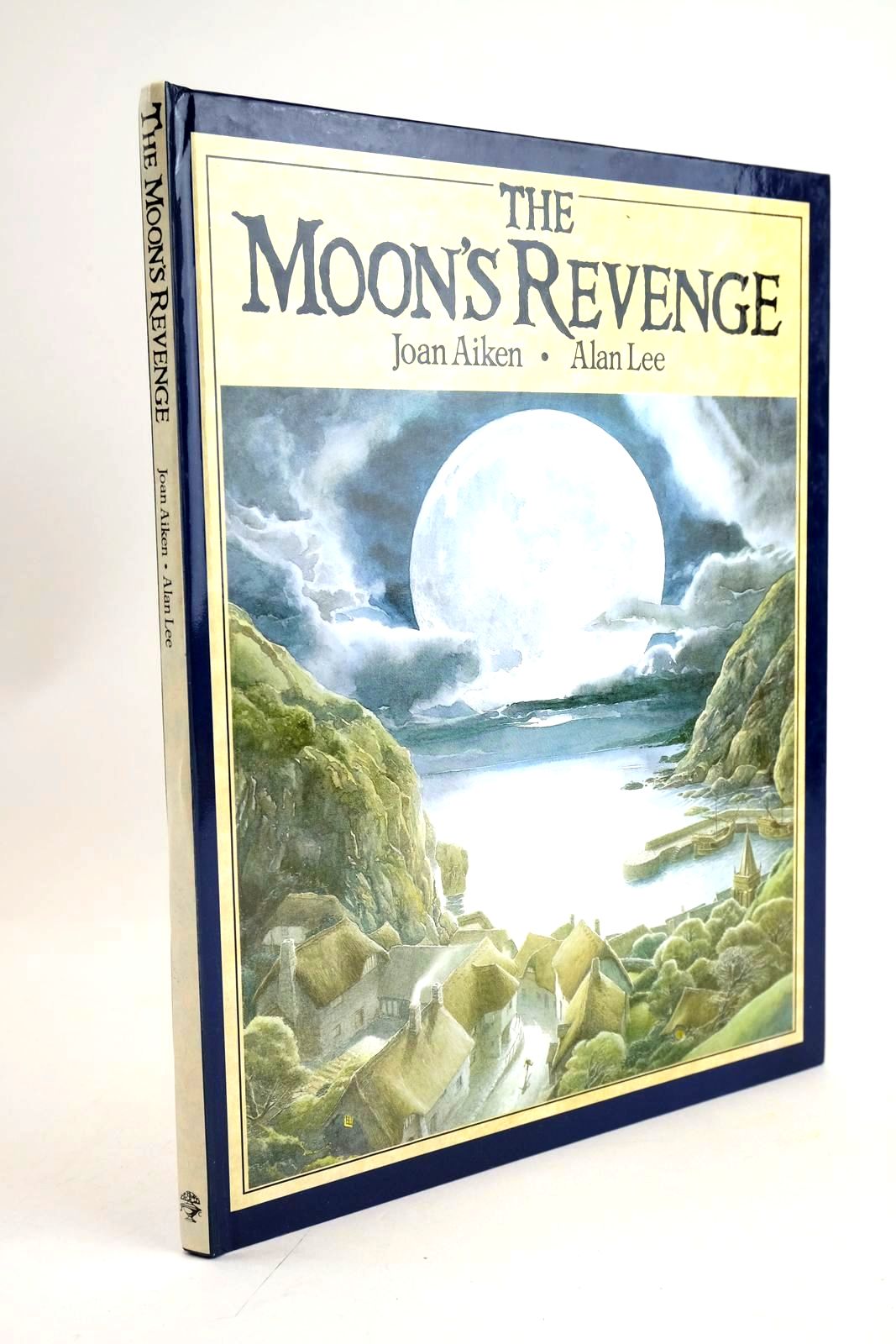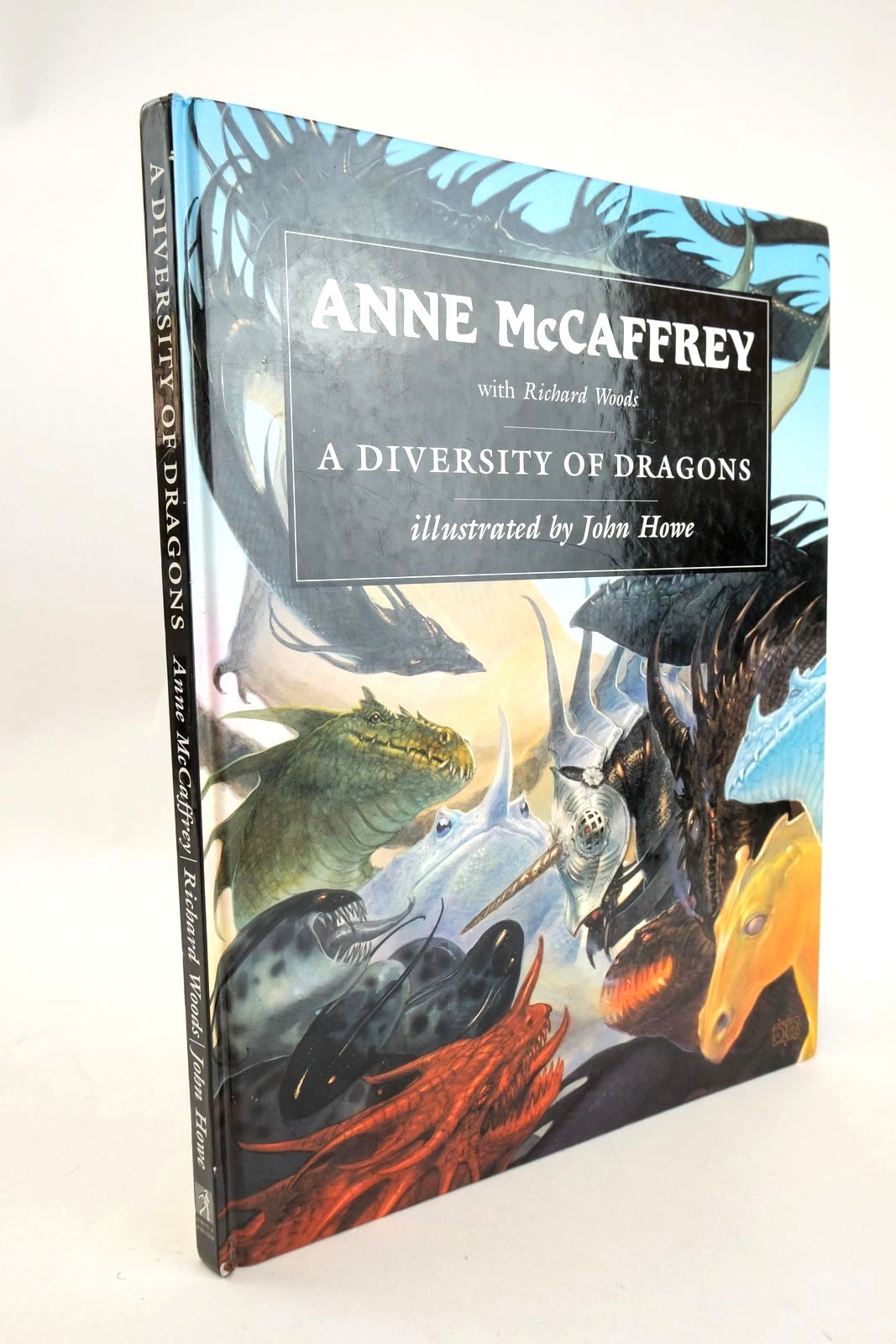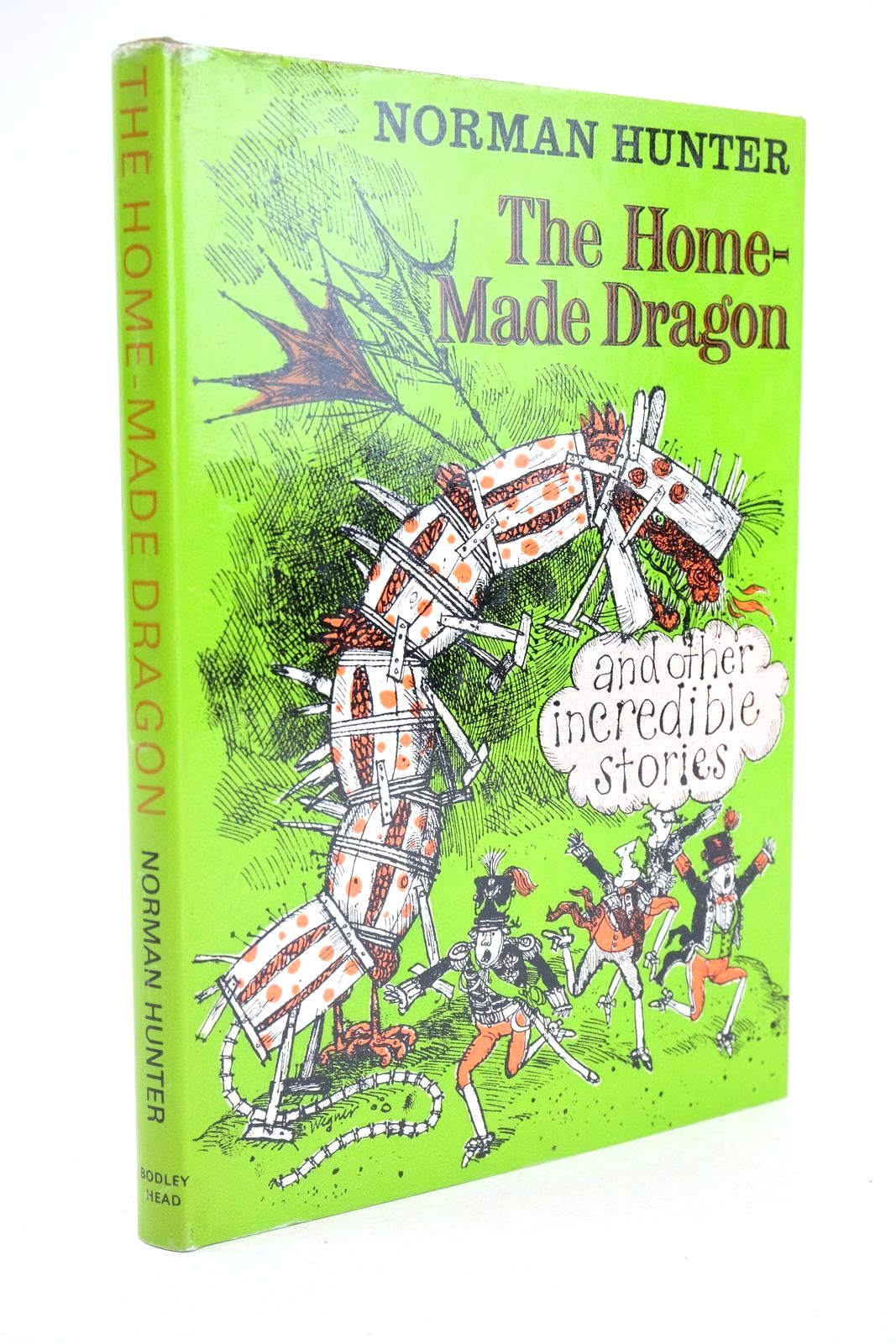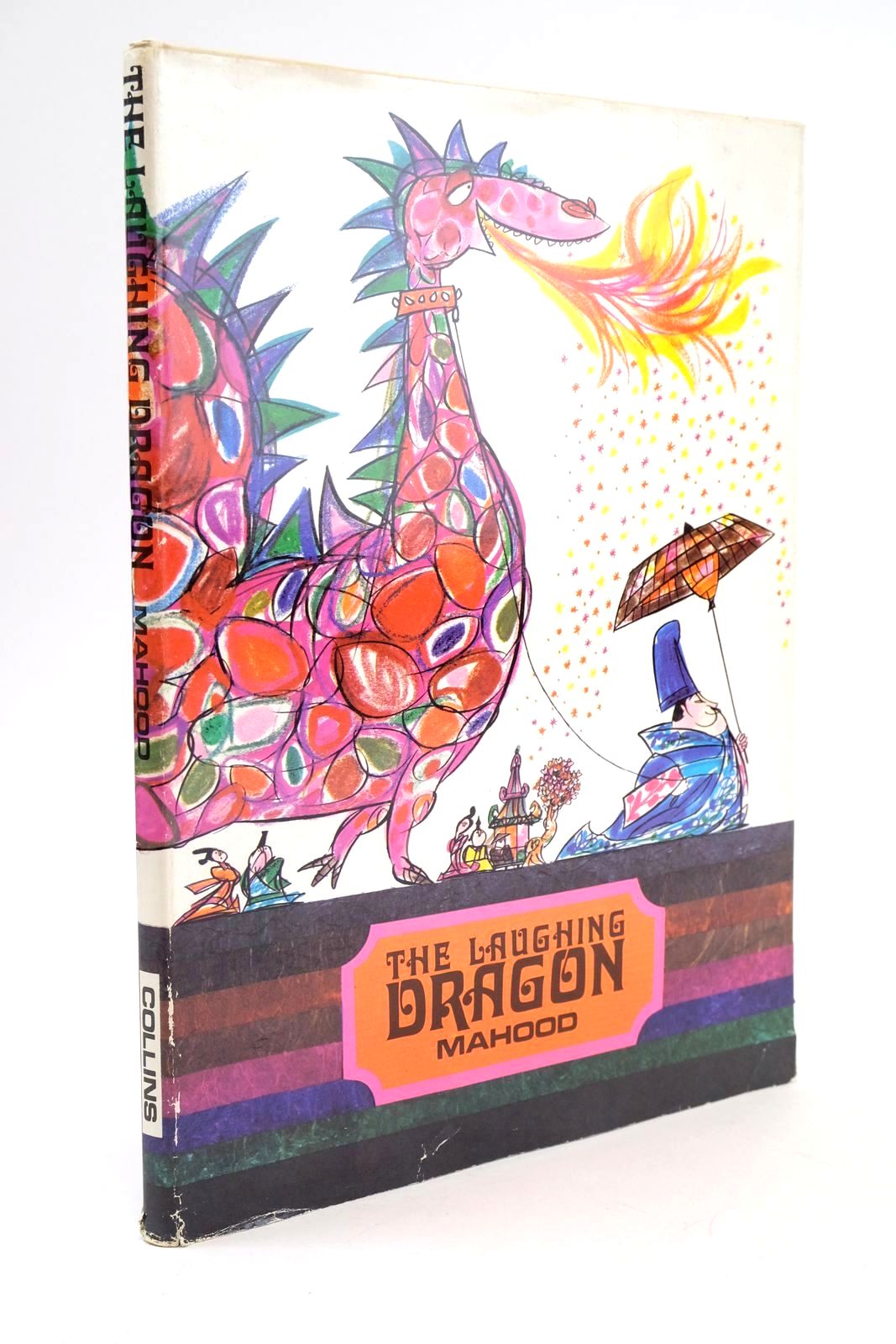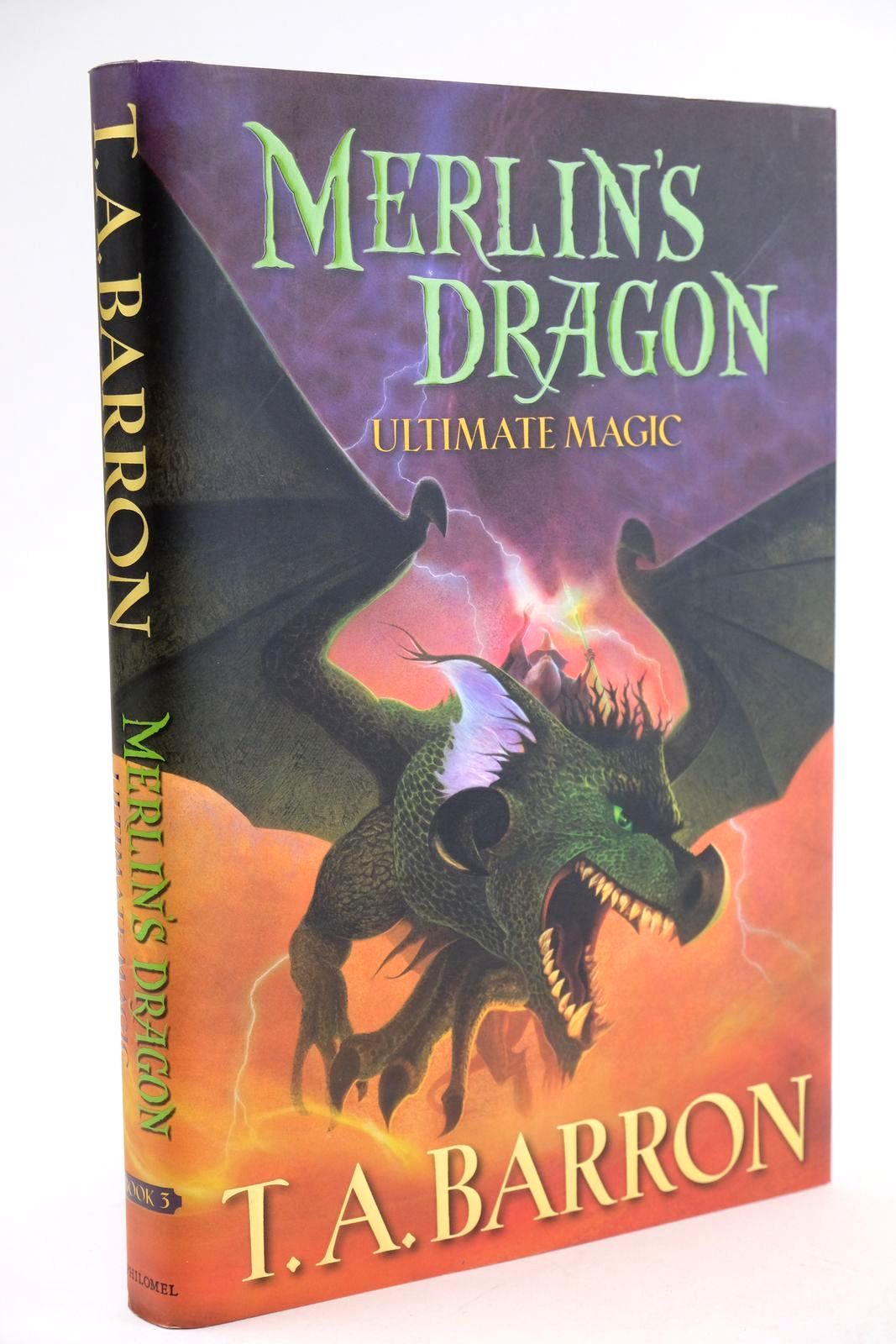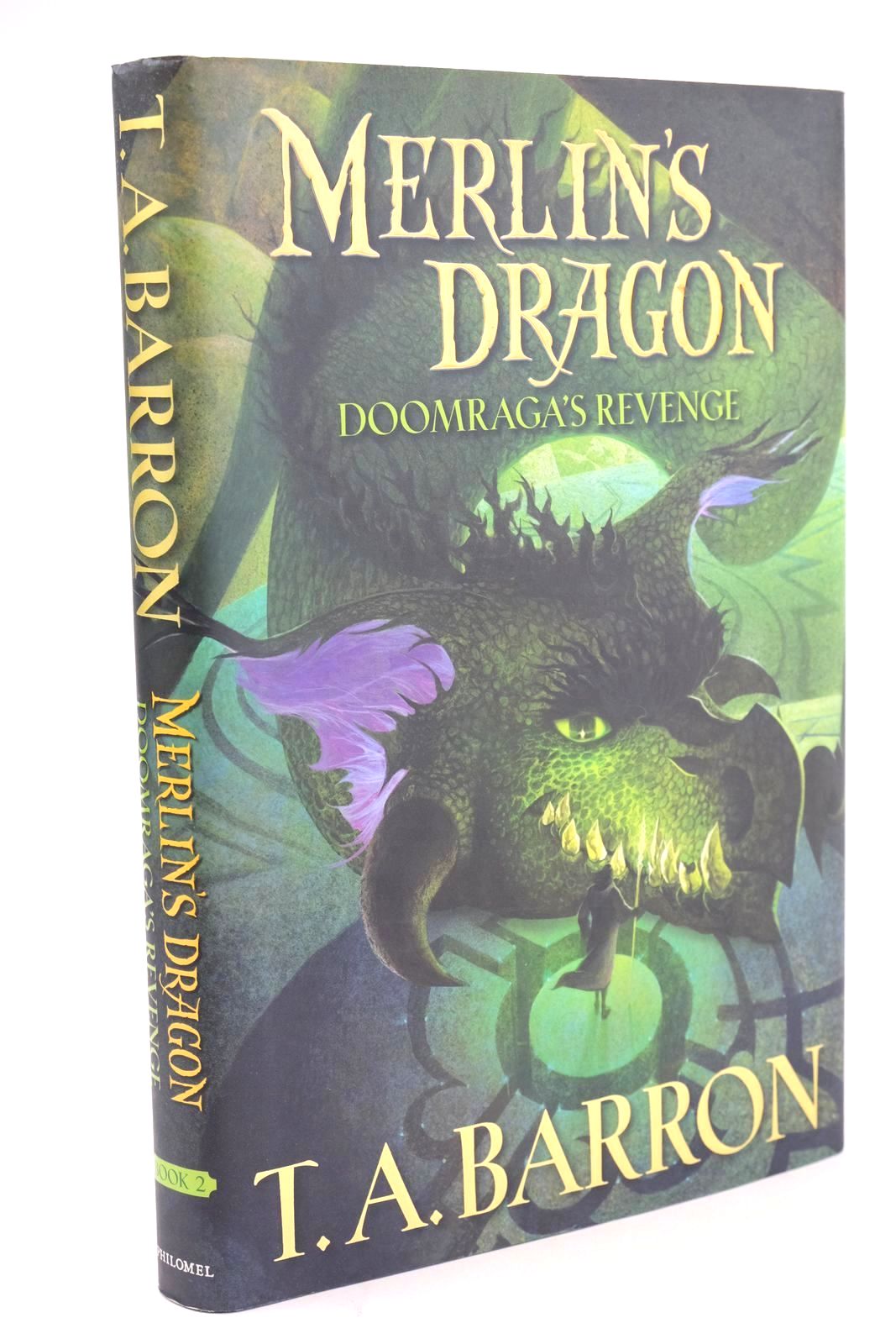Dragons
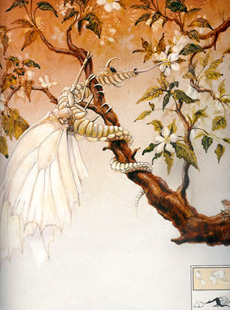 Have you ever wondered how you hatch a dragon?
Have you ever wondered how you hatch a dragon?
Actually dragons are rather good at hatching themselves.
 If you ever happen upon a large oval stone, about 1 foot in length, polished till it glows and cool to the touch, think carefully before taking it home! It might be red, or blue or even black, but you will notice thin veins of white weaving across its surface, a surface with the texture of hardened silk. A dragon hatchling is patient, waiting hundreds of years until the time is right for it to emerge. Then, after a few squeaks, your stone will start rocking, faster and faster, until suddenly - you see the first crack splinter the stone's surface. Then another and another and another, until a small dark head appears, possessing large, intelligent eyes which bewitch you from the first moment.
If you ever happen upon a large oval stone, about 1 foot in length, polished till it glows and cool to the touch, think carefully before taking it home! It might be red, or blue or even black, but you will notice thin veins of white weaving across its surface, a surface with the texture of hardened silk. A dragon hatchling is patient, waiting hundreds of years until the time is right for it to emerge. Then, after a few squeaks, your stone will start rocking, faster and faster, until suddenly - you see the first crack splinter the stone's surface. Then another and another and another, until a small dark head appears, possessing large, intelligent eyes which bewitch you from the first moment.
Now, obviously, I don't know this for sure myself as I've never been fortunate enough to cross paths with a dragon stone, but I have it on great authority from a young man named Eragon, who turned out to be a dragon rider. ( Eragon authored byChristopher Paolini ). Another gentleman I have heard of named Hagrid, helped to hatch a Norwegian Ridgeback Dragon (which is apparently extremely rare) after winning the egg in a game of cards. He felt it necessary to place the egg in the fire to compensate for the mother not being there to breathe on the egg, and then he fed the hatchling on brandy and chicken blood! ( Harry Potter and the Philosopher's Stone authored by J.K. Rowling ). Clearly raising a dragon is no easy task.
 Whatever dragon encounters you have had, they are certain to have left an impression. Any person with a hint of imagination is sure to be fascinated by these beautiful creatures. Dragons are an integral symbol of all things mystic and powerful, an emblem of all that is honourable and just. The mere mention of a dragon conjures up images of sparkling scales, razor sharp talons, spiky tails, and breaths of fire!
Whatever dragon encounters you have had, they are certain to have left an impression. Any person with a hint of imagination is sure to be fascinated by these beautiful creatures. Dragons are an integral symbol of all things mystic and powerful, an emblem of all that is honourable and just. The mere mention of a dragon conjures up images of sparkling scales, razor sharp talons, spiky tails, and breaths of fire!
 Ideally, all dragons want is to live in peace - hopefully, away from humans. There is talk of a secluded place called The Rim of Heaven which Silver Dragons particularly favour. Its location was discovered by a young dragon named Firedrake. ( Dragon Riderauthored by Cornelia Funke ). When dragons are disturbed by humans, often it's the humans that want to fight rather than the dragon and I once heard of a dragon faking its own death to avoid confrontation. ( The Reluctant Dragon authored by Kenneth Grahame ). Young dragons (dragonlets) are particularly shy, as they are not born with the ability to breathe fire, and no amount of huffing and puffing helps. Dragonlets have been known to go on great adventures just to try and find their fire. (Ignis authored by Gina Wilson ).
Ideally, all dragons want is to live in peace - hopefully, away from humans. There is talk of a secluded place called The Rim of Heaven which Silver Dragons particularly favour. Its location was discovered by a young dragon named Firedrake. ( Dragon Riderauthored by Cornelia Funke ). When dragons are disturbed by humans, often it's the humans that want to fight rather than the dragon and I once heard of a dragon faking its own death to avoid confrontation. ( The Reluctant Dragon authored by Kenneth Grahame ). Young dragons (dragonlets) are particularly shy, as they are not born with the ability to breathe fire, and no amount of huffing and puffing helps. Dragonlets have been known to go on great adventures just to try and find their fire. (Ignis authored by Gina Wilson ).
Traditionally, however, dragons are loners and avoid all contact with humans. Needless to say this has not stopped humans looking for dragons. In fact some people have searched for dragons their entire life, and as a result have become experts on the subject. (The Discovery of Dragons authored by Graeme Base ). Unfortunately not all humans have good motives when looking for dragons.
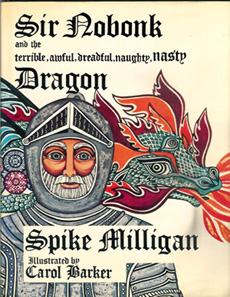 There was once a wizard who attempted to steal and freeze every dragon egg in the world and a young boy named George had to save the day ( The Dragon Snatcher authored by M.P. Robertson ). Another chap, Sir Nobonk, decided to capture a dragon to set up a laundry drying service but I'm pleased to report that the story did have a lovely ending. ( Sir Nobonk and the terrible, awful, dreadful, naughty, nasty Dragon authored by Spike Milligan ).
There was once a wizard who attempted to steal and freeze every dragon egg in the world and a young boy named George had to save the day ( The Dragon Snatcher authored by M.P. Robertson ). Another chap, Sir Nobonk, decided to capture a dragon to set up a laundry drying service but I'm pleased to report that the story did have a lovely ending. ( Sir Nobonk and the terrible, awful, dreadful, naughty, nasty Dragon authored by Spike Milligan ).
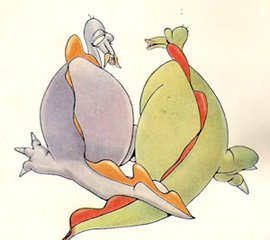 However, generally when dragons and people have crossed paths for any length of time, the dragon has proved to be a powerful and compassionate ally to any young human. For example, a young boy named Bastian was given the enormous task of saving Fantasia, a mission that would have been impossible without the help of the wonderful dragon Falcor. ( The Neverending Story authored byMichael Ende ).
However, generally when dragons and people have crossed paths for any length of time, the dragon has proved to be a powerful and compassionate ally to any young human. For example, a young boy named Bastian was given the enormous task of saving Fantasia, a mission that would have been impossible without the help of the wonderful dragon Falcor. ( The Neverending Story authored byMichael Ende ).
That's not to say that all dragons are good - that would be an enormous assumption. All creatures have their good and bad individuals and dragons are no different. In the time of Saint George there must have been quite a number of rogue dragons but thankfully Saint George was on hand and became celebrated as a great dragon-slayer ( Saint George of England authored by Basil Hood ). You might also have heard of the dragon named Smaug who developed a nasty taste for all things precious - he came to rather a bad end. ( The Hobbit authored by J.R.R. Tolkien ).
 Of course, there is always the possibility that when trying to dispose of bad dragons we humans can cause more trouble than good. One wizard made a potion that resulted in providing a lonely girl dragon with a lovely boy dragon. Who knows what will come of that? ( Potent Potions authored byMargaret J. Driver ).
Of course, there is always the possibility that when trying to dispose of bad dragons we humans can cause more trouble than good. One wizard made a potion that resulted in providing a lonely girl dragon with a lovely boy dragon. Who knows what will come of that? ( Potent Potions authored byMargaret J. Driver ).
I have to conclude that we as humans know very little about dragons as they have done a fine job of eluding us on the whole. However, there are a great many books on the subject which are quite enlightening. If you would like to brush up on your dragon knowledge please click to see all the books we have in stock on this subject.
Submitted by Claire Waldron
(Published on 7th Oct 2014 )


